when
country
Nepal
Subject
Contraception
Related Member Association
Family Planning Association of Nepal


Resource
Meeting the family planning needs of Nepal’s 28 million people, particularly those living in remote mountain villages, takes careful planning, complex logistics, skilled staff and money.
Meeting the family planning needs of Nepal’s 28 million people, particularly those living in remote mountain villages, takes careful planning, complex logistics, skilled staff and money. Since 1959, the Family Planning Association of Nepal (FPAN), has been providing better access to contraception and maternal health, ensuring its services penetrate even the most remote corners of this rugged mountain country.
Reaching communities in far flung parts of this mountainous country is a logistical challenge, but one FPAN sees as crucial to its work. Teams of staff and volunteers spend days travelling by vehicle or, if necessary, on foot to make sure they reach people.
Read more stories from Nepal
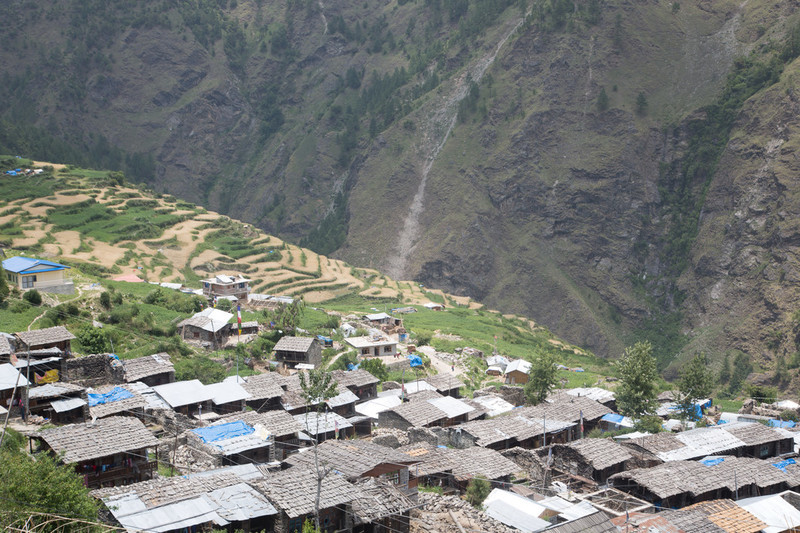
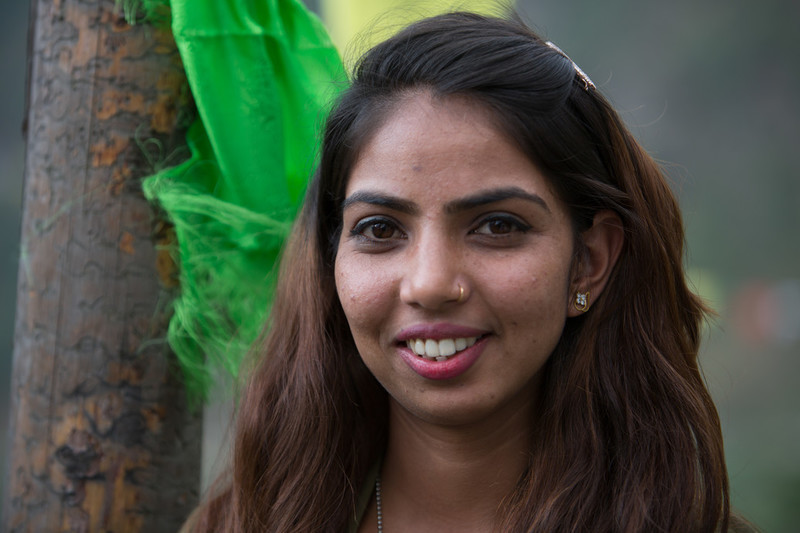
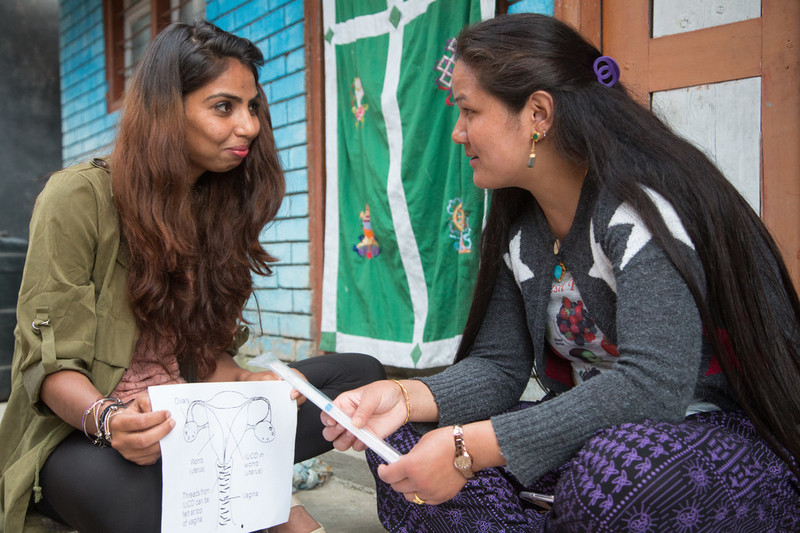
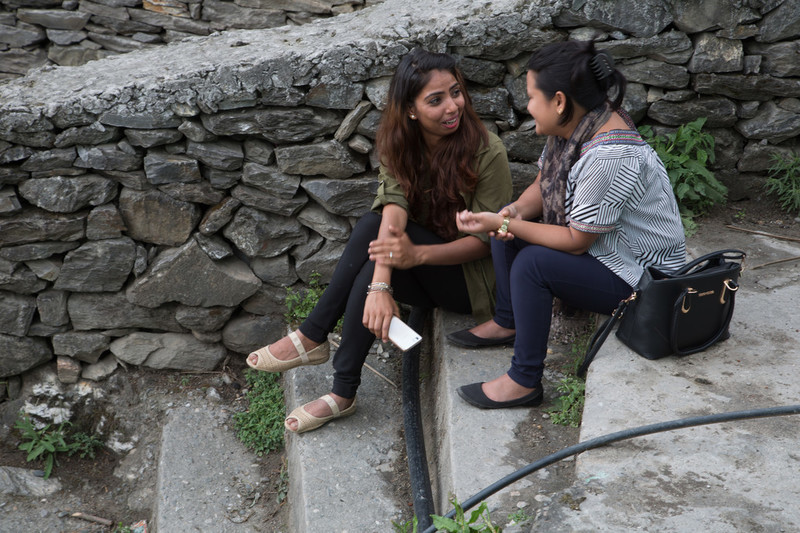
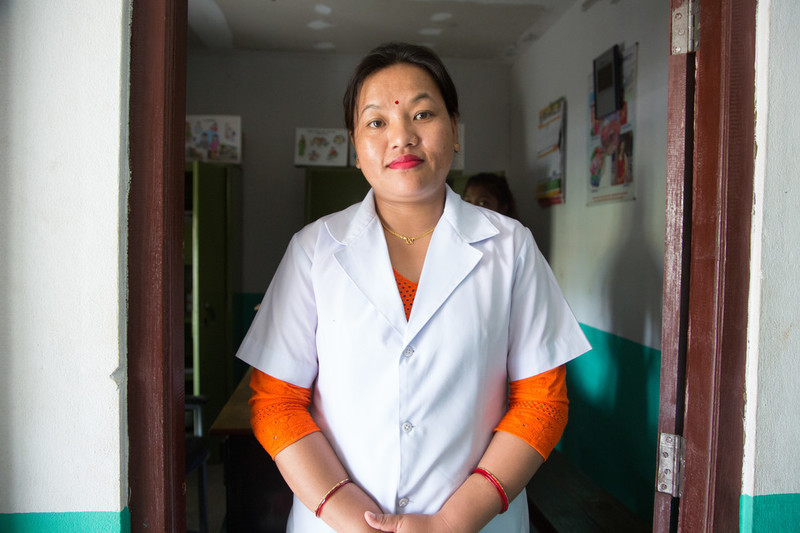
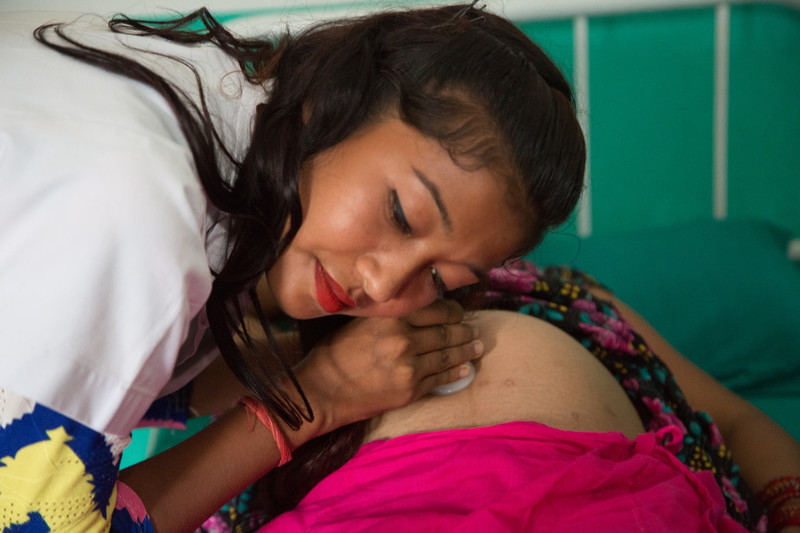
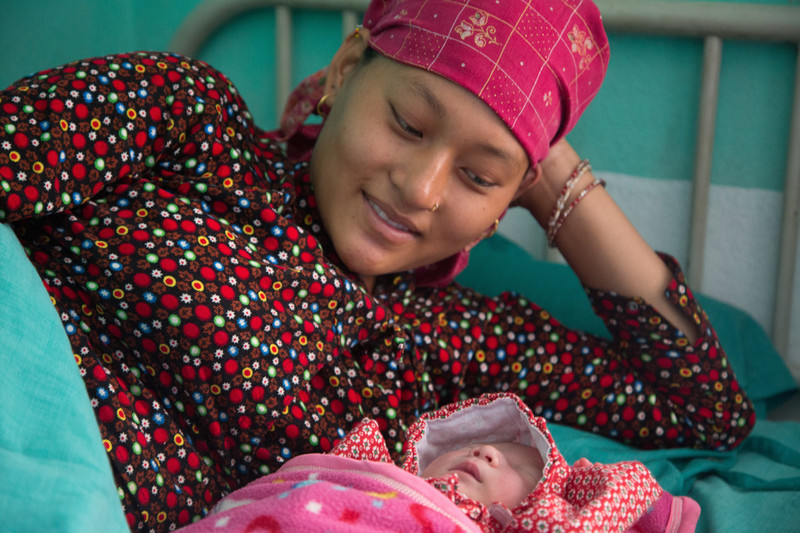
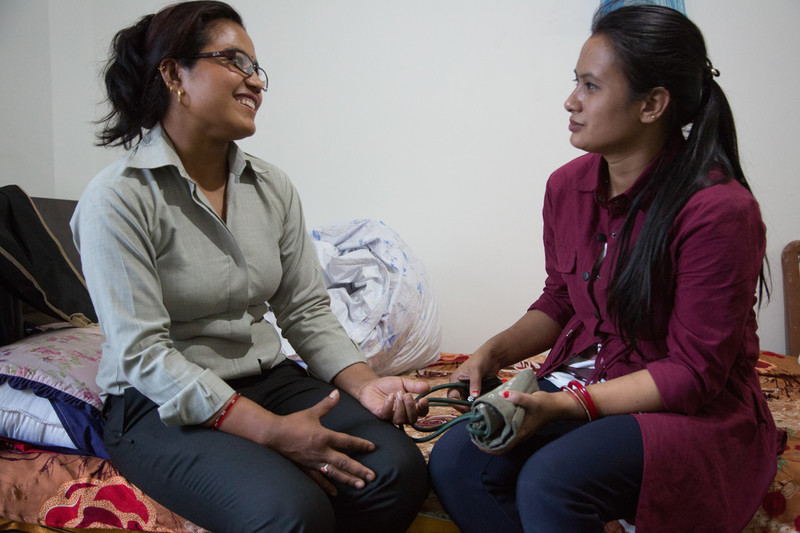
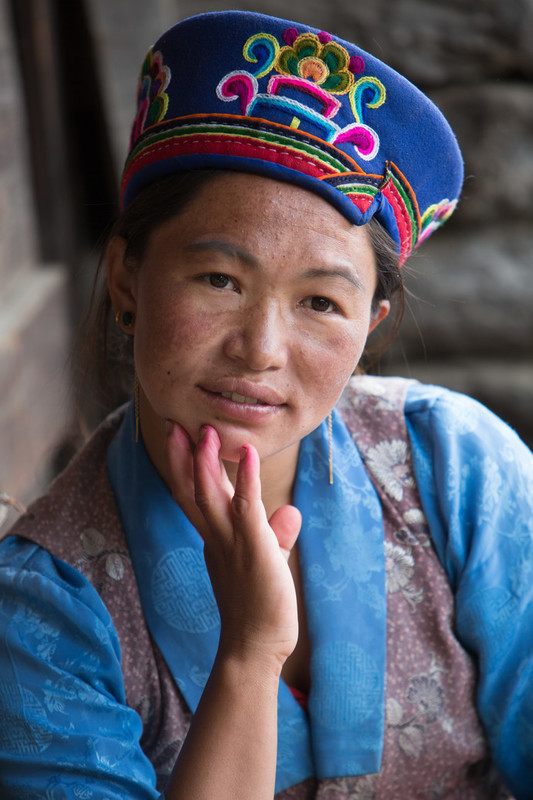
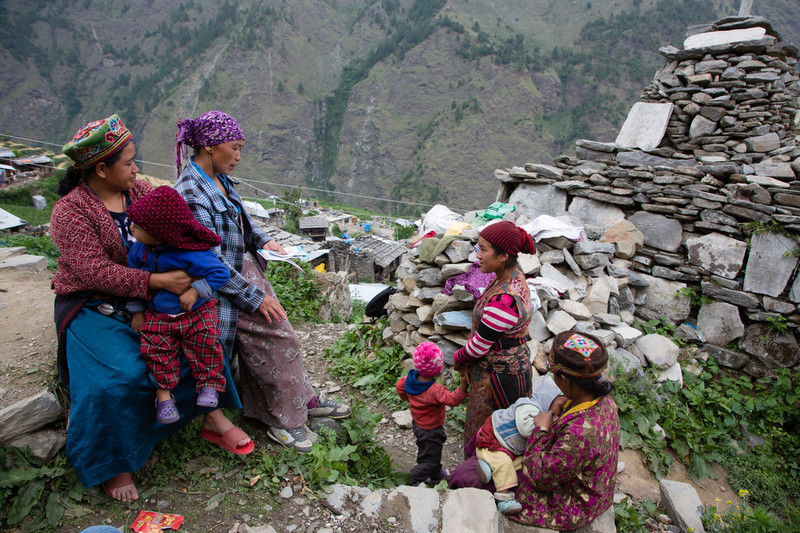
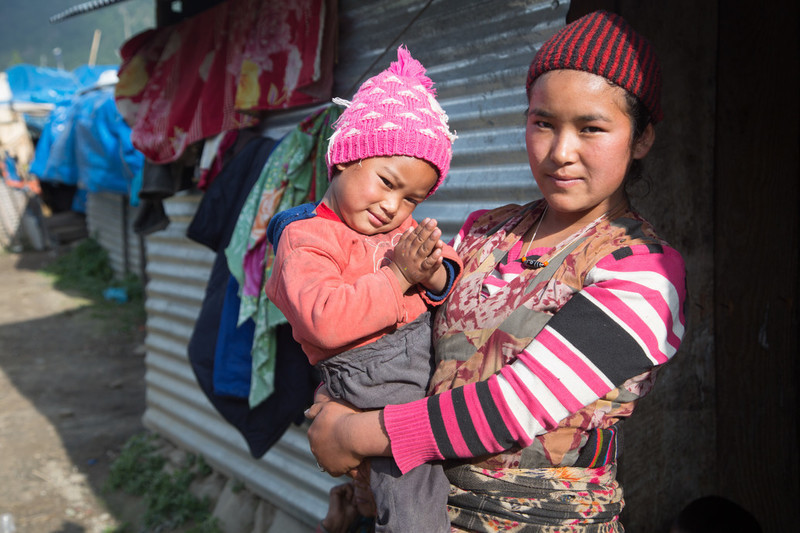
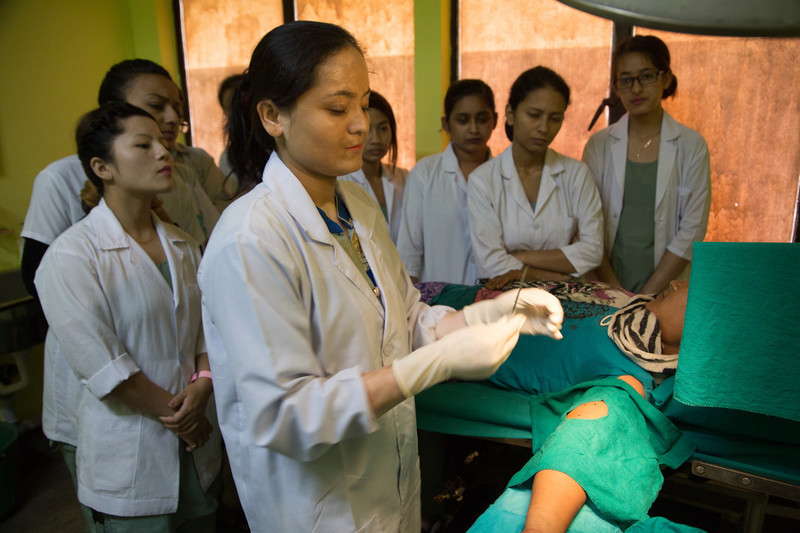

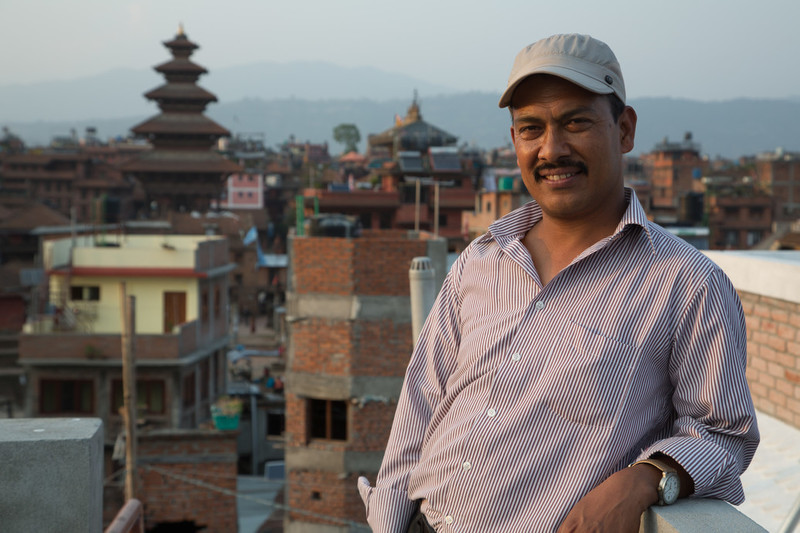
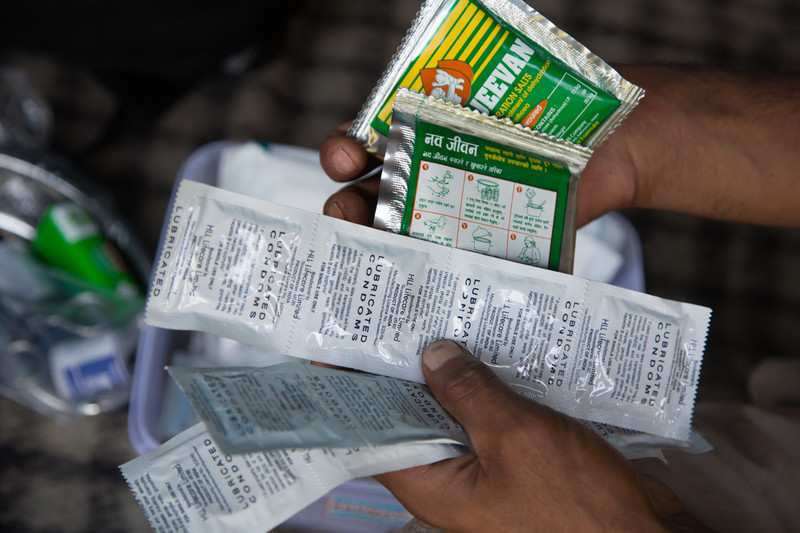
when
country
Nepal
Subject
Contraception
Related Member Association
Family Planning Association of Nepal